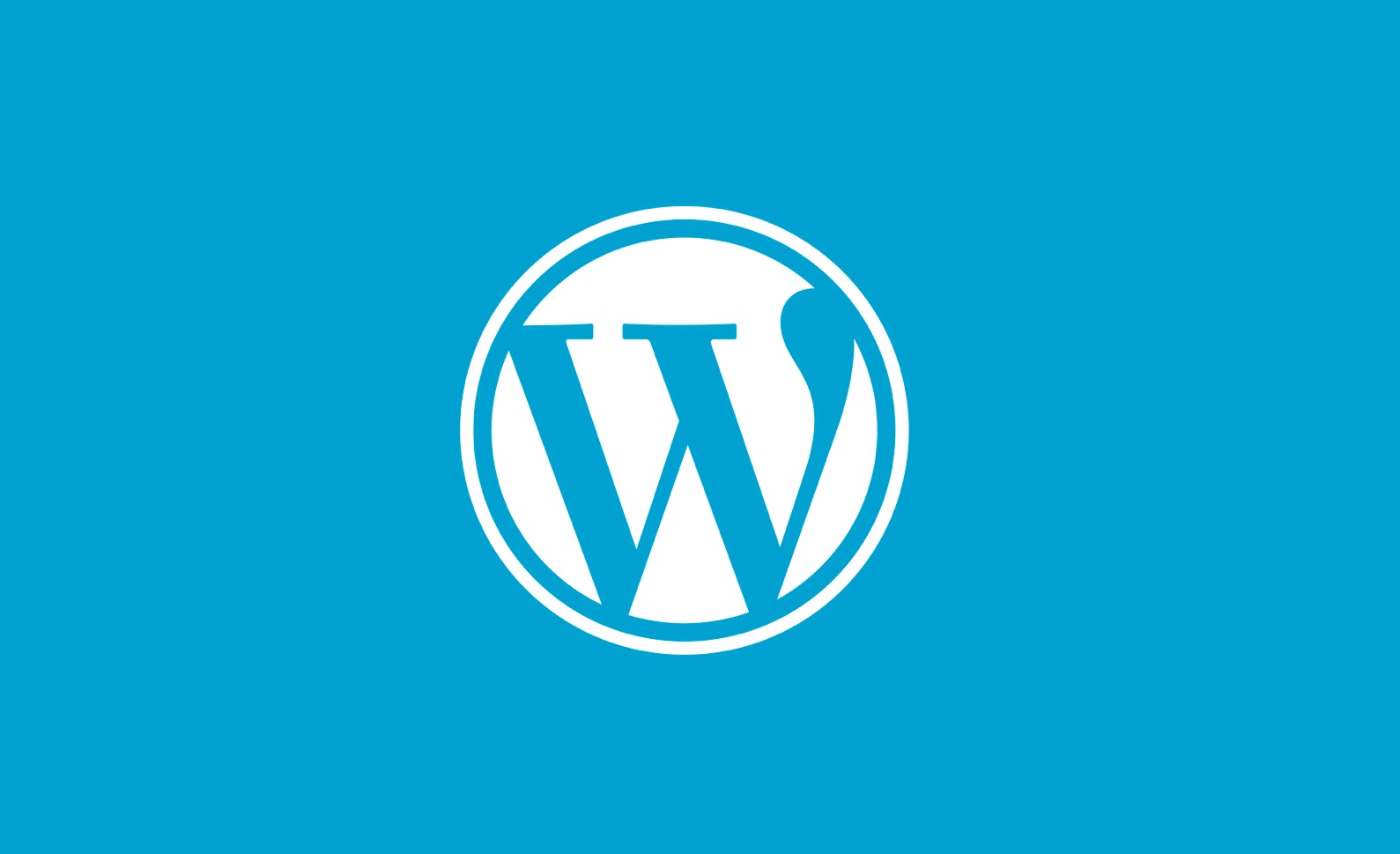For our website developers, it’s not uncommon to receive a phone call from clients questioning the latest notification about a new WordPress update. Understandably, it’s difficult for clients to know and understand whether the update is worthwhile. The jargon sometimes makes it hard to know if it will improve the Content Management System (CMS) they use to update their website.
For this reason, our Head Developer Jamie will be explaining how the latest WordPress launch- the Gutenberg Update- will change the way that you manage your site.
What is the Gutenberg update?
Essentially, Gutenberg is a new, more flexible way to add content to your sites in the WordPress admin. WordPress have had the Gutenberg update in the pipeline for some time now in reaction to the growing amount of page builder plugins and sites such as Wix and Squarespace. If you hadn’t already guessed, it has just been released to the WordPress core in version 5.0.
Gutenberg replaces the TinyMCE post content editor that all WordPress users are accustomed to and replaces it with a new interface. This new interface allows you to develop your content in blocks in the backend. Naturally, it gives the user the ability to build their content in a way that will be much closer visually to how it is eventually rendered on the frontend pages. It also has the power to bring in shortcode, widgets and menus to the main content block which is a huge step forward for WordPress.
What does this mean for my WordPress site?
The way your WordPress site content is structured in the backend will dictate how big the impact of this update to version 5.0 and Gutenberg will be to your site. On the face of it, basic WordPress sites should not see any major impact of the update. It is the more complex sites that use custom meta boxes or have customisations to the classic post editor that will be more likely to see an effect.
What can I do if I don’t want to update?
Sadly, not much. The update to Gutenberg in version 5.0 is part of the core, and therefore, isn’t really an option. However, if you prefer the current content editor, there is a classic editor plugin available that will restore the classic editor. Nonetheless, this is only deemed as a stop gap to getting your theme ready to embrace Gutenberg. Inevitably, you will need to adopt the Gutenberg update if you wish to continue using WordPress as your CMS. Currently, with over 900,000 installs, its popularity amongst WordPress users suggests the whole community are not quite ready to move on yet.
From a security perspective, we would always recommend updating to the latest version of WordPress as it comes with all the most up to date security patches to close off any vulnerabilities. Before you do this, you can check the compatibility of your theme with Gutenberg by installing the Gutenberg plugin and run a thorough test of your site. Remember, you should always take a full backup of the site files and database before updating. If the update to Gutenberg causes issues with your site, you should contact a developer to implement any necessary fixes and you can always install the classic editor plugin as a temporary measure.
What do we think?
Generally, Gutenburg is a good interface and the functionality works very nicely. Gutenberg is a big jump for the WordPress platform which will undoubtedly continue to develop and give users more and more options when it comes to customizing their pages and posts.
From a design point of view, we always have concerns about the content editing capability of WordPress. With so much freedom, it’s possible for users to make changes which negatively impact the appearance and performance of their site. It’s no wonder that this update is giving our designers nightmares!
Overall, it is a step forward for the WordPress platform that helps it to keep up with emerging competitors. The announcement of this update may make them a bit late to the party, but the power WordPress has with its coverage over the web gives itself the chance to catch up. For now, WordPress will remain our CMS of choice and we’ll be interested to see how it develops.
